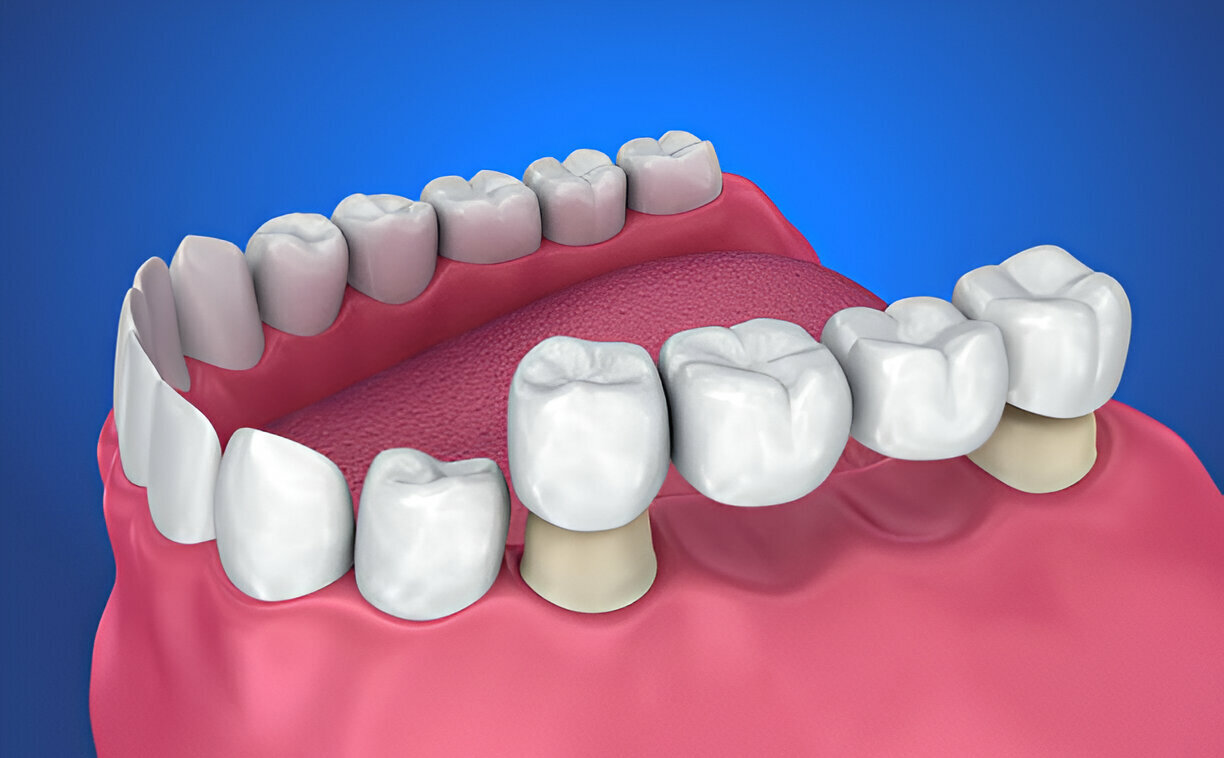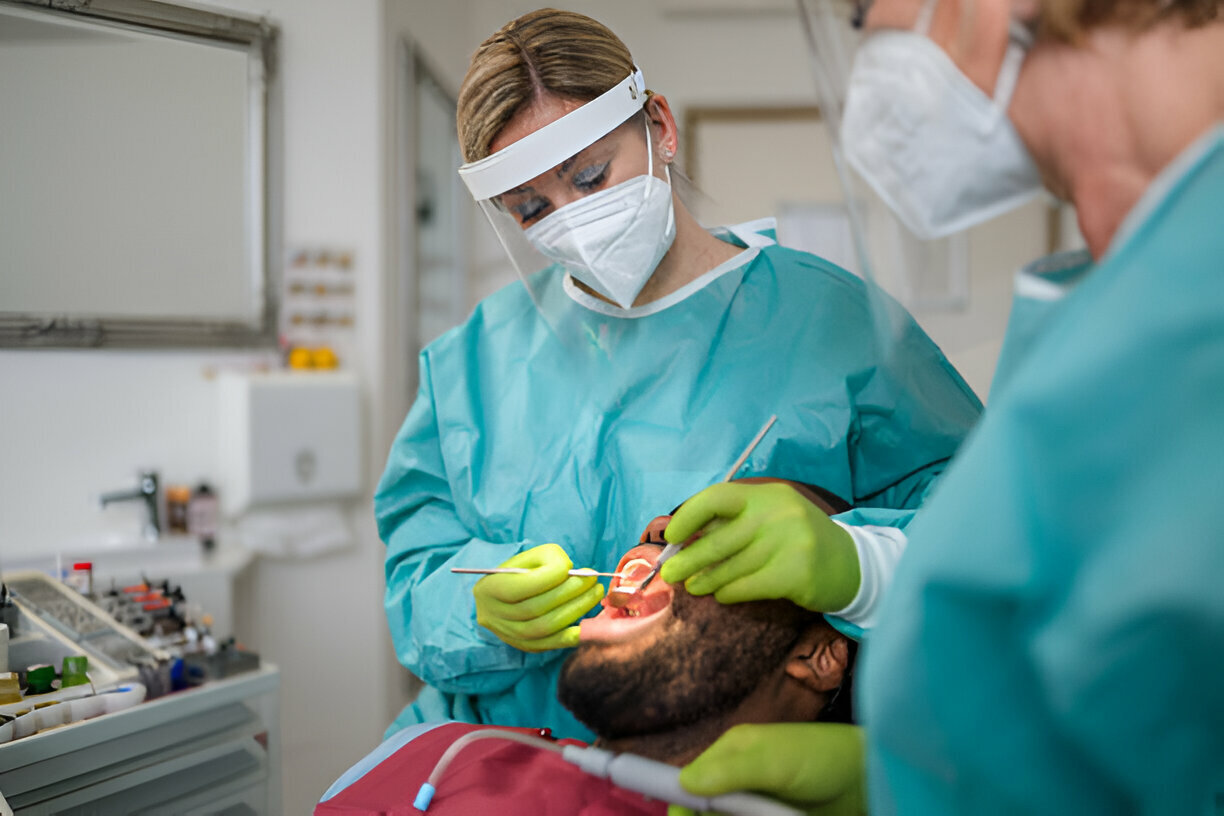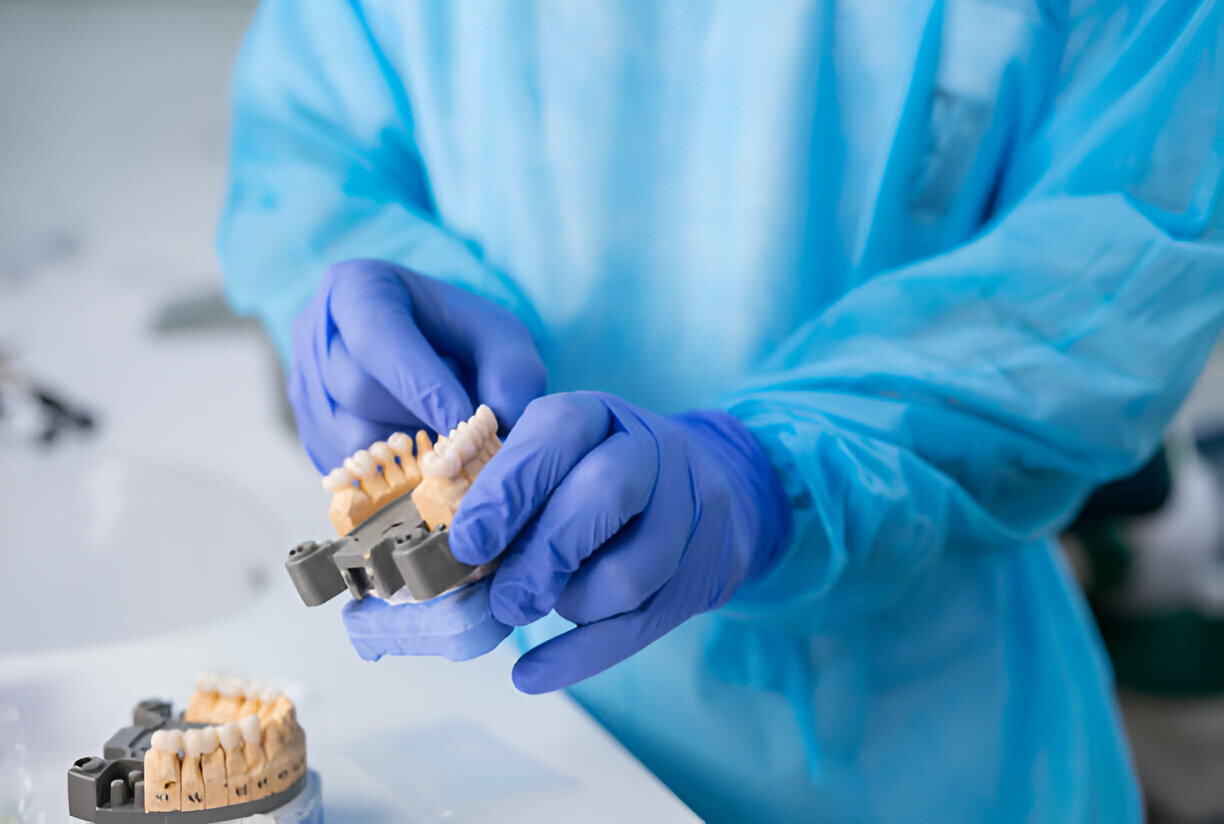Summary:
Let’s face it, accidents are more unpredictable than we can imagine!
They can happen when you least expect it, leaving you with a disfigured, chipped, or knocked-out tooth. It’s alarming to know that nearly 80% of Americans suffer from such unprecedented oral conditions.
Thanks to dental crowns, every individual can restore their smile and overall oral health. Crowns allow you to chew your favorite food and beverages without compromising their strength and function.

Interestingly, however, that’s not all! There are more added benefits to dental crowns. Let’s learn more about it as we explore topics like:
- What Is A Crown – Do You Need One?
- Types of Dental Crowns You Need to Know About!
- Perks of Opting for Oral Crowns
- Tips to Care for Your Crowns
So continue reading as we learn more about crowns in the following sections.
What Is A Crown – Do You Need One?
A dental crown is a cap designed to replace the upper portion of a tooth. It covers your whole teeth like a tight cap.
Dental professionals make crowns from various materials, including resin, metal, and porcelain, to repair decaying, weak, or cracked teeth.
When Do You Need A Crown?
There are several reasons why you may need a crown; some of them are as follows:
- Hold a dental bridge in place
- Strengthen a weakened tooth
- Cover a root canal-treated tooth
- Cover the dental implant
- Protect and support a broken tooth
- Restore a worn or fractured tooth
- Cover a badly stained or discolored tooth
Note: To guarantee a comfortable fit, your dentist must remove a little bit of enamel before placing your new crown.
Types of Dental Crowns You Need to Know About!
Dental crowns are made from metals like nickel, chromium, gold, and palladium. Depending on your preference and overall oral health, your dentist will suggest options like:
Metal Crowns
First, we have metal crowns, one of the most robust crown options. They rarely get chipped or broken, have the most extended wear life, and need minimal enamel removal.
Metal crowns are an excellent option for out-of-sight molars. They’re great for individuals with severe chewing pressures and can tolerate tough biting. However, the primary disadvantage of this crown style is its shiny hue.
Porcelain-Fused-to-Metal (PFM) Crowns
PFM or Porcelain-Fused-to-Metal crowns combine the strength of metal with the natural appearance of porcelain. The primary advantage of these crowns is that your Tupelo, MS, dentist may match them to the color of your natural teeth. What’s more? These crowns are practically as long-lasting as metal crowns. They can repair both the front and back teeth.
However, despite their robustness, PFM crowns have a few disadvantages. For example, the porcelain covering may chip away with time, revealing the metal beneath. Furthermore, PFM crowns may progressively wear away the enamel from the teeth on the opposite side (those that are in contact with your crown when you close your mouth).

Pressed Ceramic Crowns
A pressed ceramic crown contains a firm inner core. It is similar to a PFM, except that the core is ceramic rather than metal. These appliances are designed by technicians who melt and push the ceramic into this inner core and then apply many layers of porcelain. Like other options, pressed ceramic crowns are translucent, similar to natural tooth enamel.
Pressed ceramic crowns share the same disadvantages as PFM crowns. Ceramic layers can chip away with time. Your dentist for crowns in Tupelo, MS, may place pressed ceramic crowns on the front and rear teeth.
All-ceramic or Porcelain Crowns
All ceramic or porcelain crowns resemble the tooth enamel the most. They are another great option if you have metal allergies.
Ceramic crowns are made from various materials, including zirconium dioxide. Zirconia crowns are exceptionally strong and can resist more stress than other ceramic crowns. They’re also mild on your opposing teeth, reducing enamel damage.
Perks of Opting for Oral Crowns
Reduction In Discomfort and Pain
One of the most immediate advantages of oral crowns is that they decrease pain and discomfort in your mouth in real-time. Filling a gap or crowning a broken tooth may have a significant impact.
The dental crown cement protects sensitive areas around the tooth, which might increase comfort when eating cold meals. They’re a great option to remove a broken or malformed tooth that might be causing discomfort by affecting the gums and neighboring teeth.
Simple Procedure
Getting an oral cap is simple; it takes one or two visits to revamp your smile. The procedure begins with a foundation to ensure the crown has an equal basis. Once done, they take an impression of your cavity to form a new crown. This can take a few weeks to complete, after which it can be installed.
Stronger Bite
If you have damaged teeth, you will experience significant discomfort while eating! However, having a crown can ease the entire eating process. A new cap can strengthen your bite and help you chew your food better. It further allows you to align your teeth for better bite force.
Lasting Dental Health
Depending on the material chosen, your crown might last up to 30 years. To give your crown the best chance of longevity, continue brushing as usual. If there are any problems, you can visit the dentist and receive a replacement.
Materials Used In Dental Crowns
Crowns are manufactured from various materials, such as gold, ceramics, porcelain, and zirconia. Ceramics are commonly used for frontal teeth due to their brightness. Metal alloy crowns are the most durable and can be utilized when the tooth has severely deteriorated. However, the material used depends on the tooth’s health and position in the mouth.

Tips to Care for Your Crowns
Proper care is vital for extending the life and efficacy of your dental crowns. Here are some suggestions to maintain your crowns optimally:
- Practice Good Oral Hygiene: Brush twice a day with a toothbrush with soft bristles and floss once a day. Maintaining good dental care can prevent gum disease and decay, which can shorten the life of your crowns.
- Avoid Hard or Sticky Foods: Crowns are robust but not impenetrable. Avoid biting into hard items like ice, nuts, or hard sweets, and minimize your intake of sticky foods that might dislodge your crown.
- Visit Your Dentist Regularly: Routine dental cleanings and examinations are key to maintaining your crowns in an optimal condition and identifying issues early on.
- Wear a Nightguard (If Recommended): Your dentist might advise using a nightguard if you clench or grind your teeth at night to shield your crowns from excessive wear and strain.
Takeaway
- Dental crowns are made from metals like nickel, chromium, gold, and palladium.
- Getting an oral cap is simple; revamping your smile takes one or two visits.
- All ceramic or porcelain crowns look the most like natural tooth enamel. They are another great option if you have metal allergies.
- Don’t wait for your tooth damage to worsen; connect with our experts at Main Street Dentistry today!
